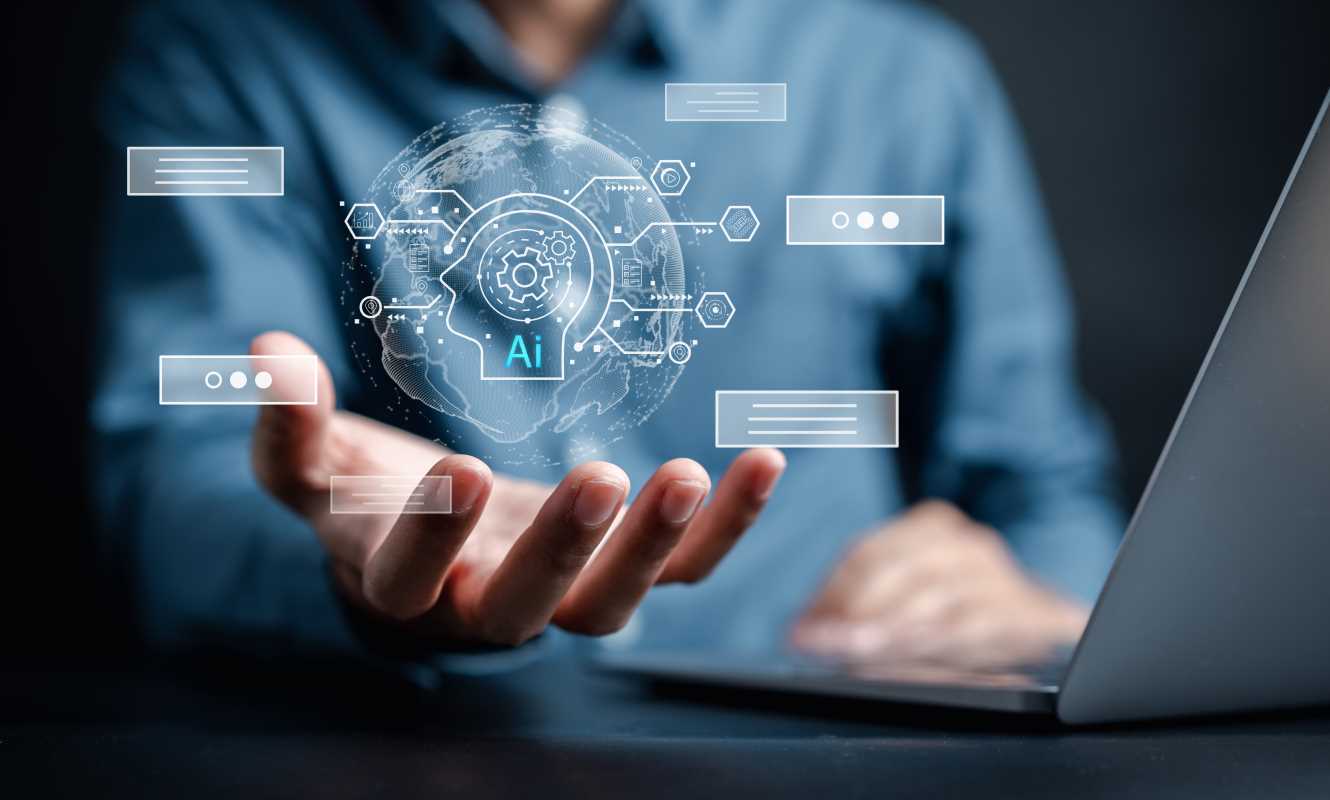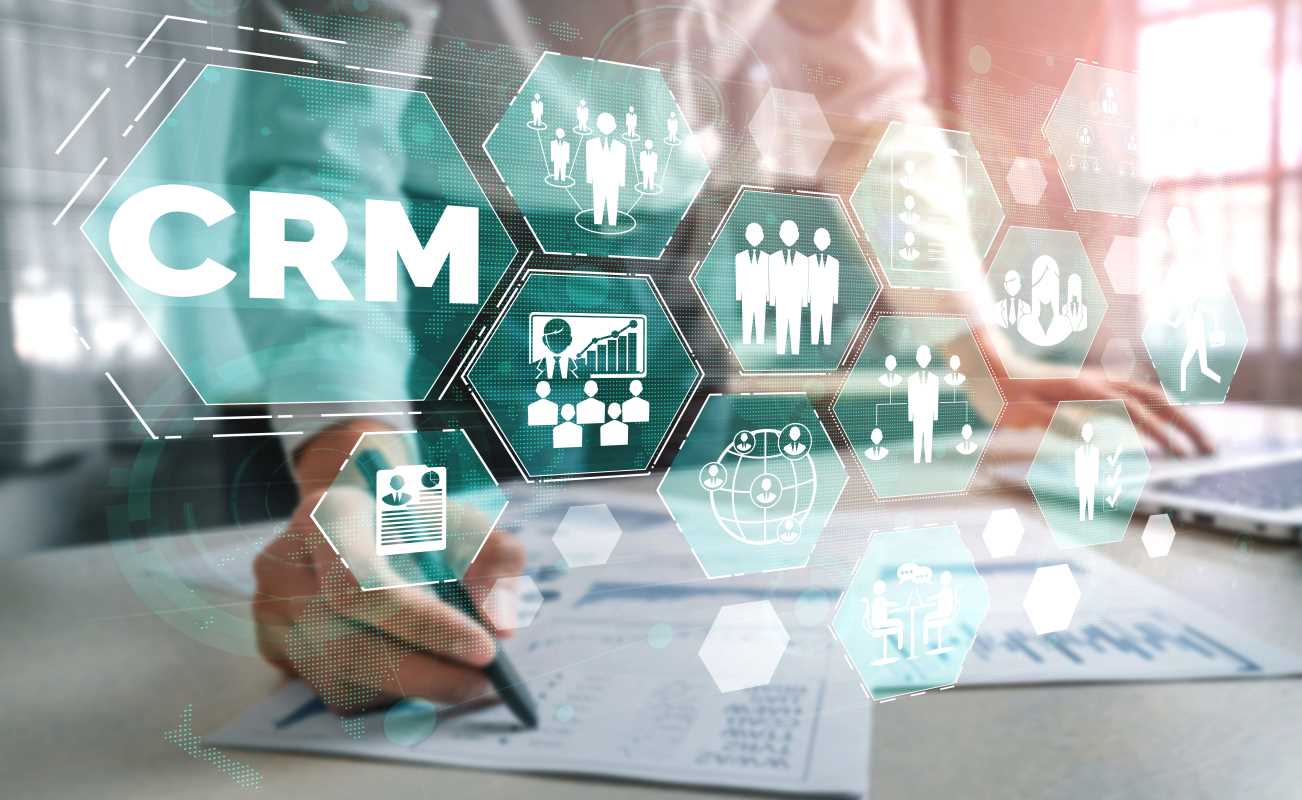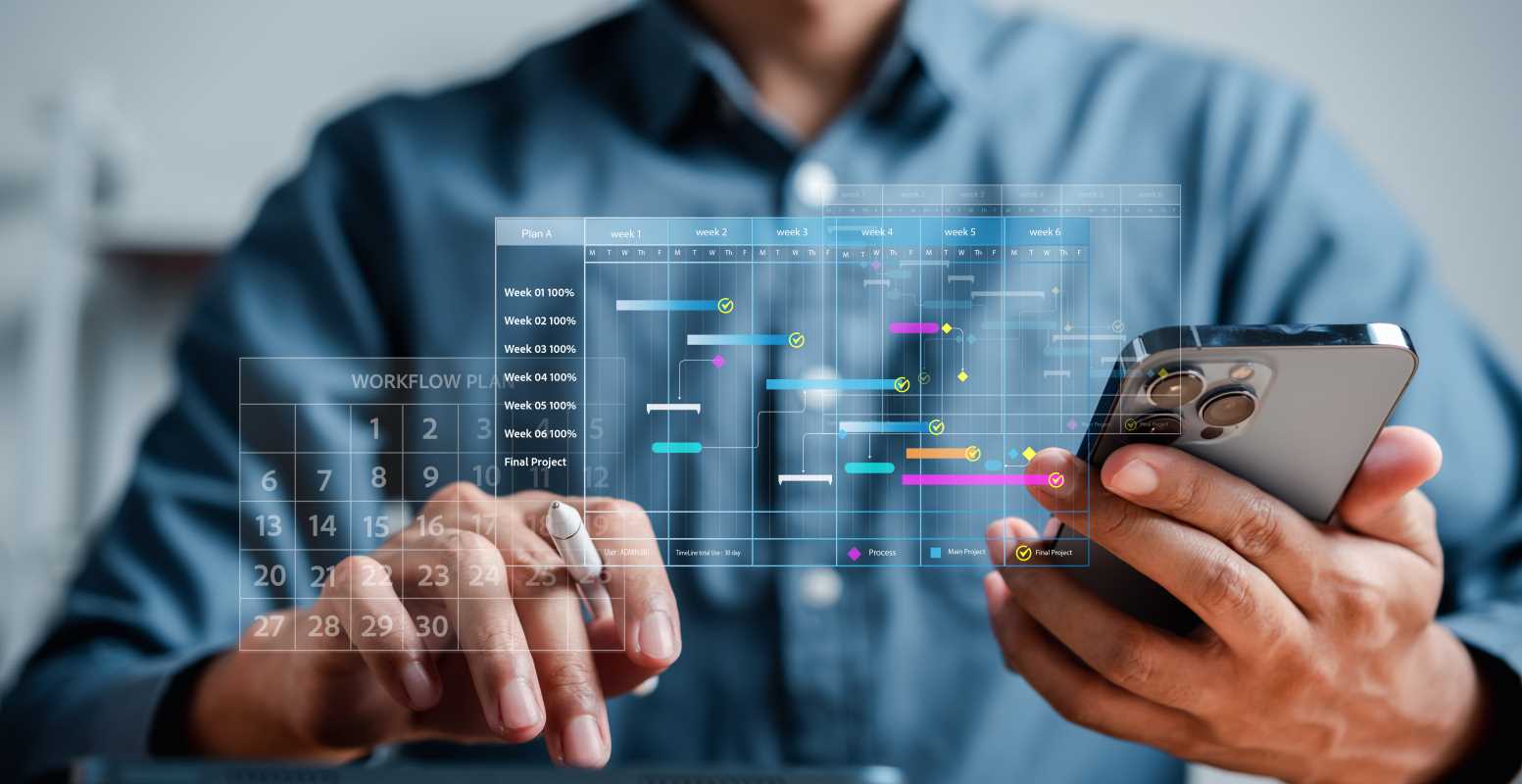Artificial intelligence, or AI, isn’t just a buzzword anymore. It’s the technology that’s already reshaping the way we live, work, and even think. Imagine machines that can learn, adapt, and make decisions almost like humans. That’s the power of AI. While it might sound futuristic, AI is already here, weaving itself into industries across the globe.
Some industries are seeing small changes, while others are being completely revolutionized. Companies are using AI to solve problems faster, improve customer experiences, and even predict the future (well, sort of). From better healthcare diagnoses to self-driving cars, AI is the silent force behind these advancements. Curious about which industries are feeling the biggest impact? Here are the top industries being transformed by AI and how they’re evolving right now.
1. Healthcare
The healthcare industry is undergoing a massive transformation thanks to AI. From diagnosing diseases quicker to discovering new drugs, AI has the potential to save lives and make treatments more personalized.
Diagnosing Diseases
AI-powered algorithms can look at medical data and spot patterns that might not be obvious to human doctors. For example, AI tools are being used to analyze X-rays, MRIs, and even tiny genetic details to diagnose conditions like cancer or heart disease at an early stage. Catching these diseases sooner can lead to better outcomes for patients.
Personalized Medicine
No two people are exactly the same, and AI can help create treatments tailored to individual needs. By analyzing a person’s unique data, like their genes and health history, AI can recommend medicines or therapies that have the best chances of success. This personalized approach could be the future of healthcare.
Administrative Efficiency
Doctors and nurses often spend hours dealing with paperwork, but AI is helping streamline these tasks. AI systems can schedule appointments, update medical records, and even assist with billing so healthcare workers can focus more on their patients.
2. Transportation
AI is driving us into the future (literally) with smart technology that’s transforming the transportation industry. Whether it’s self-driving cars or optimizing shipping routes, the possibilities seem endless.
Self-Driving Cars
Companies like Tesla, Waymo, and even traditional car manufacturers are using AI to make self-driving vehicles a reality. AI systems in these cars can process data from cameras, sensors, and maps to safely steer, stop, and even park on their own. While fully autonomous cars aren’t everywhere just yet, they’re getting closer to becoming mainstream.
Traffic Management
AI is helping cities manage congestion through smart traffic systems. Programs can analyze traffic patterns using real-time data and adjust signal timings to reduce jams. Some AI systems even suggest alternate routes to drivers to evenly distribute traffic flow.
Logistics and Delivery
For companies like Amazon, time is money. AI is being used to make deliveries faster and cheaper. Smart algorithms calculate the most fuel-efficient routes, predict delays, and optimize warehouse operations. Think about it the next time your online order arrives a day early!
3. Retail
The retail industry has embraced AI to create a better shopping experience for customers while helping businesses operate more efficiently.
Personalized Shopping Experiences
Have you noticed how online stores often recommend products you might like? That’s AI at work. Platforms like Amazon and Netflix study your previous choices to make personalized suggestions. By analyzing your browsing habits or purchase history, AI can predict what you’ll want next, making shopping a breeze.
Chatbots for Customer Service
Chatbots are becoming the first point of contact when you visit a website or have questions about a product. Powered by AI, these bots can answer common questions, guide you through purchases, and even help resolve customer service issues. They’re quick, efficient, and available 24/7.
Inventory Management
AI helps retailers predict what products will sell best and when. By analyzing trends, demand, and even weather data, AI can suggest how much stock to order. No more running out of popular items or being stuck with too much inventory.
4. Manufacturing
AI is hard at work on the factory floor, transforming the way things are made. From robots assembling products to smarter quality control, manufacturing is becoming faster, safer, and more efficient.
Robotics
Robots powered by AI aren’t the clunky, sci-fi machines you might imagine. Today’s manufacturing robots are precise and intelligent, able to work alongside humans to assemble parts or package goods. They’re not replacing workers but instead helping with repetitive, physically demanding tasks.
Predictive Maintenance
Shutting down a factory for repairs can cost a fortune. AI is helping manufacturers avoid this by predicting when machines might need maintenance. With sensors collecting real-time data, AI can detect wear and tear before it becomes a serious problem, preventing unexpected downtimes.
Quality Control
AI systems can inspect products for defects faster and more accurately than human eyes. For example, in industries like electronics or automotive manufacturing, a computer vision system can identify flaws in design or build quality, ensuring only the best products reach customers.
5. Finance
When it comes to managing money, AI is helping companies and consumers make smarter decisions. From detecting fraud to advising you where to invest, finance has become one of AI’s favorite playgrounds.
Fraud Detection
Financial scams are getting more complex, but so are AI detection systems. By analyzing transaction patterns, AI can identify unusual activity that might signal fraud. Whether it’s preventing identity theft or spotting fake credit card charges, AI helps protect both businesses and their customers.
Investment Insights
Platforms like robo-advisors are using AI to help people invest smarter. These systems analyze tons of market data to recommend investment strategies based on your goals and risk tolerance. They’re user-friendly, often cheaper than traditional advisors, and just as effective.
Loan Approval
AI makes the process of applying for loans faster and fairer. By analyzing a wider range of data beyond just credit scores, lenders can determine who qualifies for loans more accurately. It’s also speeding up approval times, turning what used to take weeks into mere days or even hours.
6. Education
AI’s impact isn’t limited to big industries. It’s also reshaping how we learn, making education more accessible and personalized for students everywhere.
Personalized Learning
Every student learns differently, and AI can adapt lessons to suit individual needs. For example, learning platforms like Khan Academy use AI to identify where a student might be struggling and adjust the pace or focus of the material.
Virtual Tutors
AI-powered virtual tutors are helping students understand complex subjects in a way that’s tailored to their learning style. Whether it’s solving tough math problems or practicing a new language, AI tutors are like having a personal teacher available anytime.
Automated Grading
Grading assignments can be time-consuming for teachers, but AI is speeding up the process. Systems can now evaluate everything from multiple-choice tests to essays, giving teachers more time to focus on their students.
 (Image via
(Image via





